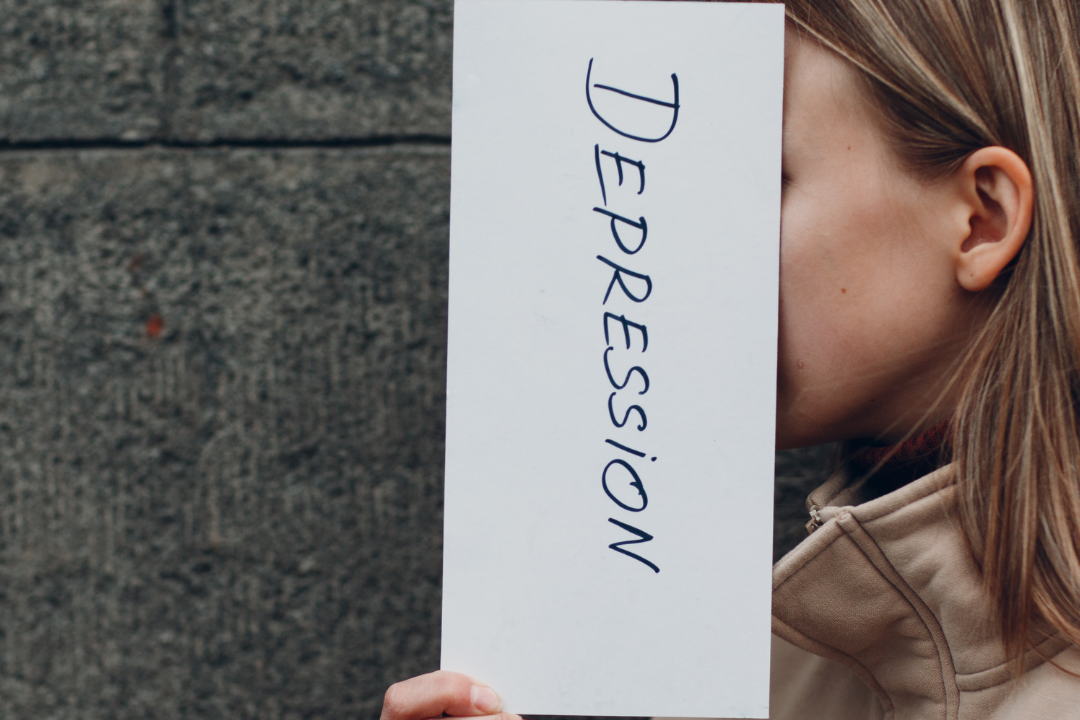Share This Story, Choose Your Platform!
Understanding Depression
Depression is a condition associated with low mood, feelings of unhappiness, despair and hopelessness, in such a way that affects your daily functioning and interaction with others. Depression typically does not come on quickly or all at once. Although it usually starts out gently, it might intensify and overwhelm you. You have internal imbalances that make up depressive disorders that you are unable to simply correct on your own.
Keywords: Sadness; Hopelessness; despair
According to the World Health Organization, depression is the leading cause of disability worldwide. Globally, more than 300 million people of all ages suffer from the disorder. And the incidence of the disorder is increasing everywhere. A complete knowledge of depression has eluded researchers due to its intricacy. There is growing evidence that depression may actually be a vital defense mechanism of the body, a type of shutdown or immobilization in response to threat or defeat, which is actually supposed to maintain your energy and aid in survival.
There are three types of depression:
- Major depression
- Dysthymia
- Bipolar disorder
For each person, there is a complex, individual pattern of factors that work together to either allow or prevent depression at any given time. Sometimes it is possible to point to a specific event that seems to have triggered depression, however at other times depression may come about for no apparent reason.
External events, such as loneliness, relationship difficulties, financial worries, legal problems, retirement, empty nest syndrome or other stressors; Genetics i.e. researchers now realise that genetic factors are significant.
Just as sadness itself is not a sign of weakness, neither is asking for assistance. Instead, it’s a strategy for empowering yourself to find a route out of the shadows. Similar to how diabetes is not who you are, depression is not who you are. Your life, your value, or your future are not defined by it. But it can seem like there is no hope at all while you are being enveloped by it.
Regardless of wealth or fame, everyone can experience depression. At least 1 in 3 South Africans will experience mental illness, with the COVID-19 pandemic exacerbated by increased anxiety, panic, financial stress, depression, and substance abuse. While it may be simple to spot when someone is not acting like themselves, it can be challenging to know how to intervene. Any suicidal or self-destructive thoughts should be taken carefully. If depressive symptoms disrupt your daily routine, a gentle schedule may help you feel in control.
Unconditional support, listen attentively, connection, and avoid excessive alcohol use. Give yourself the grace of accept that while some days will be difficult, others will also be less difficult. Try to look forward to tomorrow’s fresh start. Take the symptoms seriously and don’t dismiss them. Don’t wait around hoping they will disappear. If depression is not addressed, it can be harmful and even fatal. As soon as you can, seek professional assistance.
References
- Geneva: World Health Organization; 2021
- Mental Health and COVID-19: Early evidence of pandemic’s impact. Geneva: World Health Organization; 2022.
- Mental health in the South African workforce:https://www.sadag.org
Author: Neziswa Mqoboli


